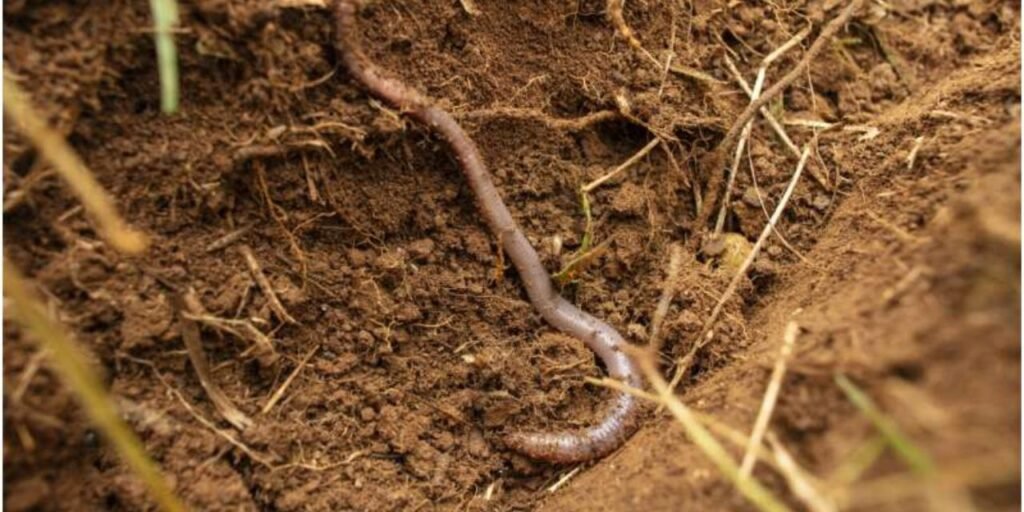
According to a recent study, bio-based materials could be more harmful to the health of some of the most significant species on Earth than the traditional plastics they are meant to replace.
These materials, which are utilised in textiles and items like clothes, wet wipes, and period products, are being promoted more and more as eco-friendly substitutes for plastics.
However, the laundry cycle, the use of sewage sludge as fertiliser, or the normal wear and tear of textile items all release the materials’ microfibers into the environment.
There hasn’t been much study done to evaluate the possible effects of bio-based goods on species and ecosystems, despite the fact that they are being manufactured and sold in greater amounts worldwide.
To address that, a research published in the journal Environmental Science and Technology examined how two bio-based fibres, viscose and lyocell, and traditional polyester fibres affected earthworms, a species that is essential to the health of soils all over the world.
The study found that in high concentrations of fibers, 30% of earthworms died after 72 hours when exposed to polyester, while those exposed to the bio-based fibers experienced much higher mortality of up to 60% in the case of lyocell and 80% for viscose.
In contrast to those exposed to polyester fibres, earthworms kept in soils containing viscose fibres showed decreased reproduction, according to a second experiment that employed ecologically appropriate amounts of the fibres. Earthworms in the soils containing lyocell fibers showed reduced growth and also higher rates of burrowing within the soil compared to exposure to the other types of fiber.
The researchers say the study highlights the complex nature of global efforts to reduce the threat of microplastic pollution, and the importance of testing new materials being advocated as alternatives to plastics before they are released on the open market.
The study was carried out as part of the BIO-PLASTIC-RISK project, led by researchers at the University of Plymouth and the University of Bath.
Dr. Winnie Courtene-Jones, lead author on the new study and now a Lecturer in Marine Pollution at Bangor University, said, “Over 320,000 tons of bio-based and biodegradable fibers were produced globally in 2022 and research shows that substantial quantities of that will end up in the environment. But there hasn’t been much proof of their ecological effects.
“Our study has shown that bio-based fibers have a range of adverse effects on earthworms—animals which are critical to the functioning of the environment. It highlights the importance of gathering further evidence before alternatives to conventional plastics are made available even more widely.”
The current study comes after previous research in 2024 that showed exposure to the ingredients used in biodegradable teabags can have a negative impact on earthworm reproduction and cause up to 15% higher mortality in earthworm populations.
It was released only a few weeks before world leaders meet at the United Nations in Busan, South Korea, for the last round of talks on a potential Global Plastics Treaty.
Policymakers, scientists, and other international delegates will attend those talks with Professor Richard Thompson OBE FRS, senior author of the new study and head of the University of Plymouth’s International Marine Litter Research Unit.
He went on, “It is obvious that reducing the amount of plastics manufactured and utilised is necessary to combat plastic pollution, in addition to recycling and reusing them. There is increasing interest in alternative materials that could be used as substitutes for plastic, but this publication further emphasizes the importance of testing new innovations in relevant environmental settings prior to widescale adoption.
“I firmly believe it is possible to tackle the plastic pollution crisis, but independent scientific evidence will be critical in helping us avoid unintended consequences as we look for solutions.”
